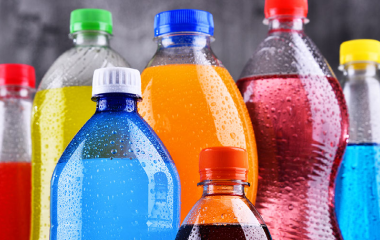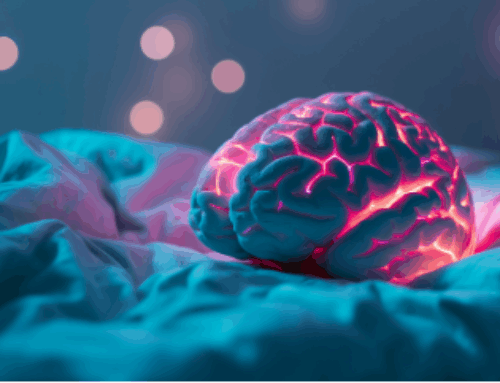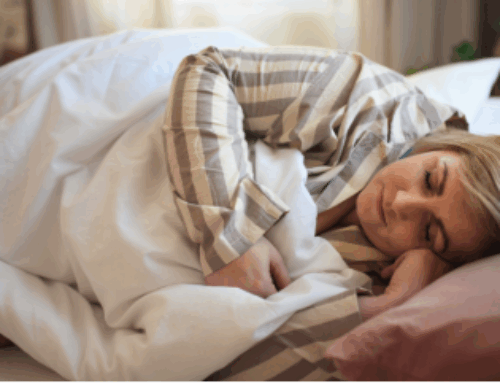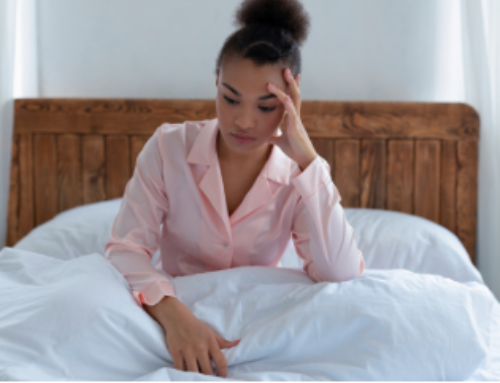Are you having restless nights? There’s a chance your late-night beverage choice is having a negative effect on your sleep patterns. The wrong drink choice can affect your sleep quality, delay your body clock, fragment your sleep, and more. Here are several drinks that can affect how you sleep.
1. Alcohol
It’s no secret that alcohol makes you feel drowsy after a few drinks. While you might think alcohol helps you sleep, there are negative effects after having a drink at night. The most obvious effect is that alcohol increases the need to urinate in the night, easily disrupting your sleep pattern. Alcohol use also can fragment your sleep and decrease your rapid eye movement (REM) sleep. Heavy drinking can cause symptoms of insomnia. It can also worsen the severity of breathing problems during sleep. These problems include snoring and sleep apnea.
2. Coffee
The caffeine in coffee can help wake you up in the morning. However, drinking coffee later in the day can have a negative effect on your sleep. It can even delay your body clock. One study found that consuming caffeine six hours before bedtime reduced total sleep time by one hour. Another study found that there is a wide range of caffeine content in specialty coffees. Even decaf coffee contains caffeine!
3. Energy Drinks
For obvious reasons, there is no use in having an energy drink before bed. The amount of caffeine in these drinks can make it hard for you to fall asleep, reducing your total sleep time. Energy drinks can contain two to three times more caffeine than soda or coffee.
4. Soda
Drinking soda (or “pop,” as our friends in the Midwest like to call it) before bed is like a double whammy for your sleep. Sodas are loaded with caffeine and lots of sugar. The caffeine can make it hard to fall asleep, and the sugar may affect your ability to stay asleep. One study found that people who have a high daily intake of sugar have more arousals from sleep during the night.
5. Water
Most surprisingly, you should not drink water close to your bedtime. In healthy young adults, your urine output is lower at night than during the day. This helps prevent you from waking up during the night to use the bathroom. Drinking too much water in the evening may disrupt this balance. You should drink plenty of water during the day to prevent dehydration. Then drink less water in the evening to avoid trips to the bathroom in the middle of the night.
Reviewed by Dr. Lawrence Epstein





